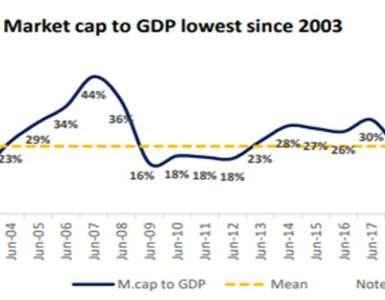Coal imports, despite high global prices, are set to surge manifolds in the coming years as demand from cement and energy firms under the China-Pakistan Economic Corridor projects would spur buying, a senior official said on Wednesday.
Infrastructure spending in the country is beginning to pick up after lengthy delays, a welcome relief for cement manufactures and the Pakistan Muslim League government’s plan to jumpstart south Asia’s second largest economy by building new roads, ports and power stations.
Demands from cement manufacturers and coal-based power plants would give a major boost to imports, which are expected to surge to 15 million tons/year in the next five years from the current five million tons/year.
Coal prices hit the $107/ton level last month, highest since the start of 2014. The price spike has been spurred by domestic mining cuts in China, which required electricity generators and also steel makers to make up for the shortfall via imports, taking much of the market by surprise.
“Pakistan will be importing huge quantities of coal in a couple of years, for which proper handling and transport infrastructure needs to be established,” said Shariq Siddiqui, chief executive officer of Pakistan International Bulk Terminal (PIBT).
The $250 million PIBT, which is expected to come live by January 2017, is the country’s first bulk terminal having coal handling capacity of 12 million tons a year. It also has cement and clinker export capacity of four million tons a year.
Currently, Pakistan imports five million tons of coal, which is totally utilised by cement manufacturers. Almost all the cement manufacturers have announced expansion plans in the wake of the China-Pakistan Economic Corridor (CPEC) related increase in demand. A federal government’s 1,320-megawatt coal-fired plant in Sahiwal is likely to come live by early 2018 and it will need four million tons of coal every year.
Moreover, a number of imported coal-based power generation facilities by HUBCO, Lucky Cement and K-Electric will commence operations within the next three to four years, taking the country’s coal demand to around 15 million tons per year.
“Thar coal is only good for mine mouth power generation and its transportation to other destinations is not feasible because of its lower heating values. Coal based plants in any other part of the country can only be fed on imported coal,” Siddiqui added.
The government, well aware of the situation, is establishing infrastructure. A five-kilometre long conveyor belt is planned from PIBT to a railway yard being setup along the existing railways at Port Qasim.
However, the Bin Qasim Association of Trade and Industry (BQATI) vehemently opposed the railway yard and coal conveyor belt because of the environmental implications on the area clustered with industrial units.
Talking about the issue, Siddiqui said coal is the only viable solution to Pakistan’s energy needs. He added that the environmental implications attributed to the coal movement are easily manageable.
“Billions of dollars are being invested in coal-fired electric generation plants, which will need the coal, and the coal will be transported to them one way or other,” he said. “So, it is better that proper and standardised infrastructure is developed for the purpose.”










Add comment